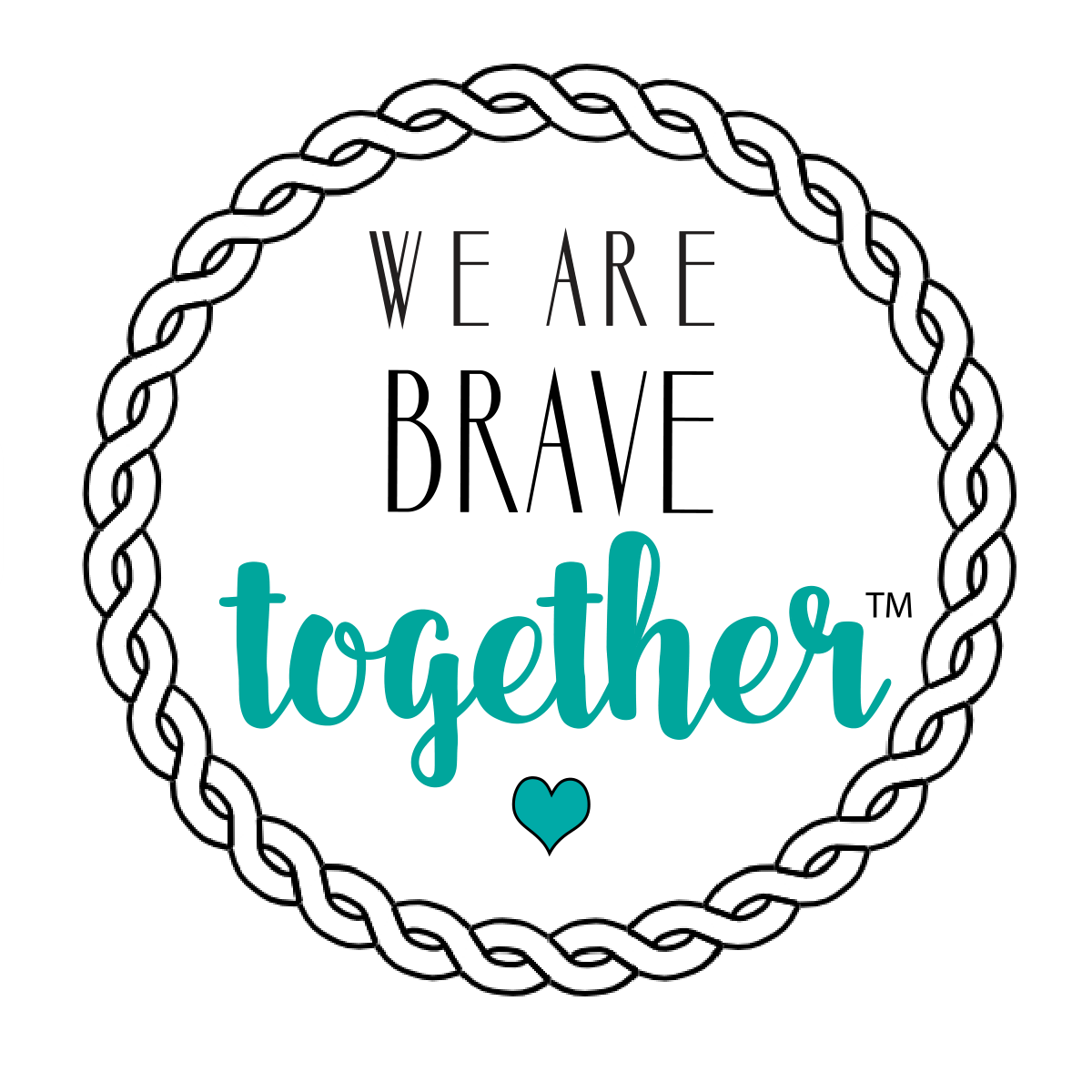Caregiver Stress and the Importance of Self Care
written by Bainy Suri
On the third day of winter break, my son Kai and I were heading out for a walk into downtown Princeton. Kai is 16, has severe autism and is non-speaking. As soon as I shared we were going for a walk, Kai grabbed his coat and darted outside. Kai had no socks on and was wearing an old pair of Crocs, two sizes too small. I keep them around as “indoor” shoes. I like wearing them when Kai’s off at school even though they are two sizes too big for me. It is silly, but wearing them makes me feel connected when he is away. And Kai likes wearing them when he is home.
Caring for children or adults with special needs is intense. You can’t let your guard down for a nano second or there will be consequences, sometimes severe ones. It is truly a 24/7 endeavor. There is always danger looming. There is the emotional strain, physical exhaustion and impact on your mental well-being. The burnout is real.
Later that same day Kai eloped out of the front door while I was in the kitchen cleaning up. He was in the dining room on his iPad with his headphones. There isn’t quiet when Kai’s present. I ran to the dining room. My worst fears were realized, he was gone. I started running around the house yelling for him. It was then I noticed the front door was slightly ajar, my heart sank. How could I have let this happen? By the grace of god when I ran out into the porch, Kai was still on the porch. He was playing with the holiday lights. Kai’s hair was wet from his shower. He had on PJ’s and athletic socks. Missing, were his coat, hat, gloves and shoes! It was January, freezing, wet and dark. I looked down the cold street and a panic set in for what could have transpired.
Two years ago I removed my house alarm. Kai’s been at boarding school for 7 years and while he runs away when we are out sometimes, he hasn’t tried to leave the house in years. I try to have a one on one caregiver helping during school breaks. The reality is there are days when it’s just me. Clearly, I overestimated. I let my guard down.
Once I knew Kai was safe, the anger set in and so I yelled very loudly for Kai to get back in the house. P.S. I used an expletive. As he swept past me into the house, I felt hot tears run down my face. I sobbed and heaved heavy for a minute or two, letting it all hang out. Three deep breaths. Six seconds in 1,2,3,4,5,6, hold 6 seconds, breathe out 6 seconds. I chant letting go, letting go, letting go. Then I reminded myself to acknowledge what I was grateful for. Kai was safe, he at least had socks on and some clothing and none of our neighbors heard me yell for him to get back into the house.
Extreme caregiving truly means providing 24/7 care and being on alert at all times. One way I cope with stress and avoid burnout is by setting time aside for myself. As a parent, I feel guilty for it. But it is incredibly important to spend time on yourself and make sure you are not just surviving, but thriving too. You need to have some happiness to have hope. It doesn’t matter what self-care you use, if it works for you, it’s the right care. Self-care and a sense of humor are frankly required for the job of extreme caregiving. I hope our society will start to understand extreme caregiving. Anyone can become an extreme caregiver in an instant and as our parents and loved ones live longer it is not just disabled children or adults that will need this type of care. Some elderly humans need this type of extreme care, too.
If you know an extreme caregiver, reach out to check in. Sometimes just knowing you have people you can call that truly care, can be the thing that helps you make it through.
Bainy Suri is a single mom to Kai Woodland, a fifteen year old non-verbal boy with Autism. She returned to the east coast after being out west in California for 15 years. When Kai was diagnosed she wanted to come home to the northeast. For the past eleven years she has worked on waste issues with a focus on plastic pollution. She authored the first draft ordinance on single-use bags in 2012 for Princeton. Princeton passed a referendum in 2011, but never enacted legislation. In November 2020, New Jersey Governor Phil Murphy signed the toughest plastic pollution bill in the nation. Bainy is very passionate about any endeavor she takes on. She loves teaching, presenting and providing inspirational speeches. The toughest part of her journey of Autism has been isolation. She believes that art and community create connection and foster collaboration. She connected with WABT and Jessica Patay when a close college friend introduced them. She is excited to be a part of the team.

